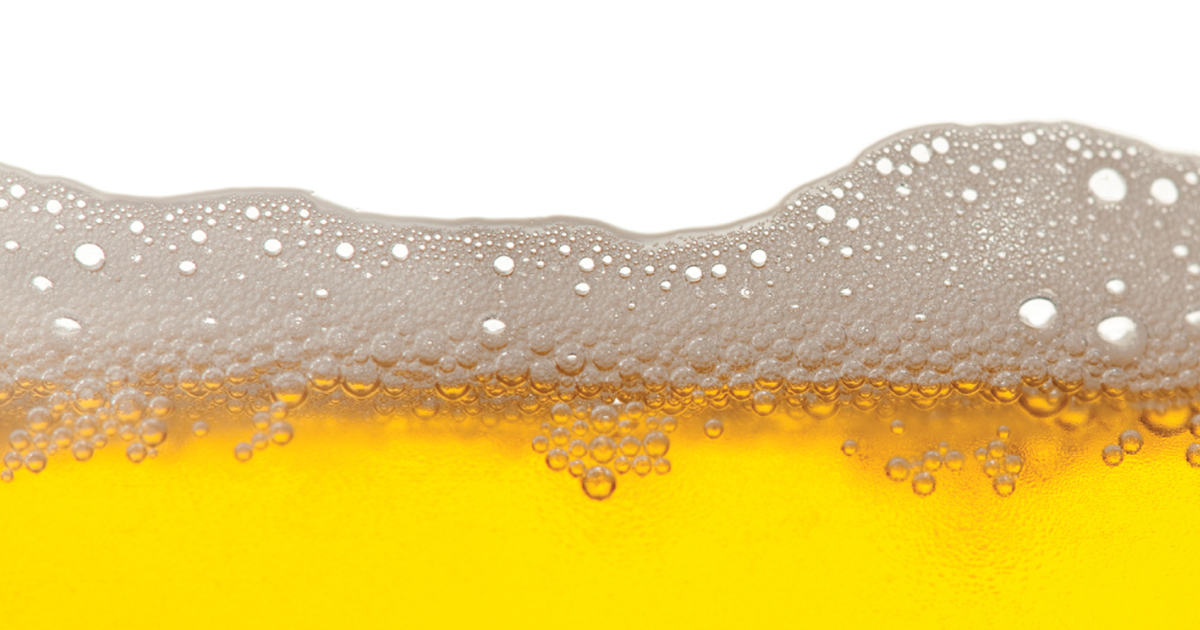Protein in Urine Explained

Protein in Urine Explained: Understanding the Link Between Urine Protein and Kidney Function
Protein in urine is a condition that occurs when an abnormal amount of protein is present in a person’s urine. While having a small amount of protein in the urine is normal, an excess amount can indicate an underlying health issue, particularly related to kidney function.
Causes
The kidneys play a vital role in filtering waste products and excess water from the blood, creating urine in the process. Typically, the kidneys retain protein molecules, allowing them to be retained in the bloodstream. However, protein may leak into the urine when the kidneys are not functioning properly. Kidney problems, uncontrolled high blood sugar, and blood pressure levels could damage the kidneys’ filtering units, allowing the protein to pass into the urine. Certain medical conditions could also lead to temporary leaks of protein.
Signs
In many cases, it does not present noticeable signs. However, when protein leakage becomes significant, individuals may experience
- Water retention in the hands and feet or puffy eyelids
- Dry skin, itching, or numbness
- Fatigue and decreased energy levels
- Changes in urination frequency
- Foamy or discolored urine
- Loss of appetite and unintended weight loss
- Muscle cramps and weakness
- Nausea, vomiting and digestive issues
- Shortness of breath and difficulty breathing
- Sleep problems and difficulty concentrating
These signs can also be attributed to other health conditions, and a proper medical diagnosis is necessary to determine the underlying cause.
Diagnosis and Treatment
Healthcare providers often perform a urinalysis, which involves analyzing a urine sample for the presence of protein and other substances. A urine test helps determine the severity of protein leakage and assists in identifying the underlying cause.
The treatment of protein leakage focuses on addressing the underlying condition. This may involve managing underlying health issues, such as high blood sugar levels or high blood pressure levels, through lifestyle changes, medications, and close monitoring.
The Role of Kidney Support Supplement
In conjunction with medical interventions, kidney support supplements can play a beneficial role in improving kidney health. DTS is designed to protect kidney function. DTS contains natural ingredients known for their potential to support overall renal function and blood quality. While DTS is not a direct treatment for protein leakage, it can contribute to better urine quality and overall well-being when kidney health gradually improves. Many of our DTS users can observe physical improvements, such as urine quality and frequency, sleep quality and energy, and generally feeling better after taking DTS.
- * All research and clinical data should be used as reference purposes only, results may vary.




